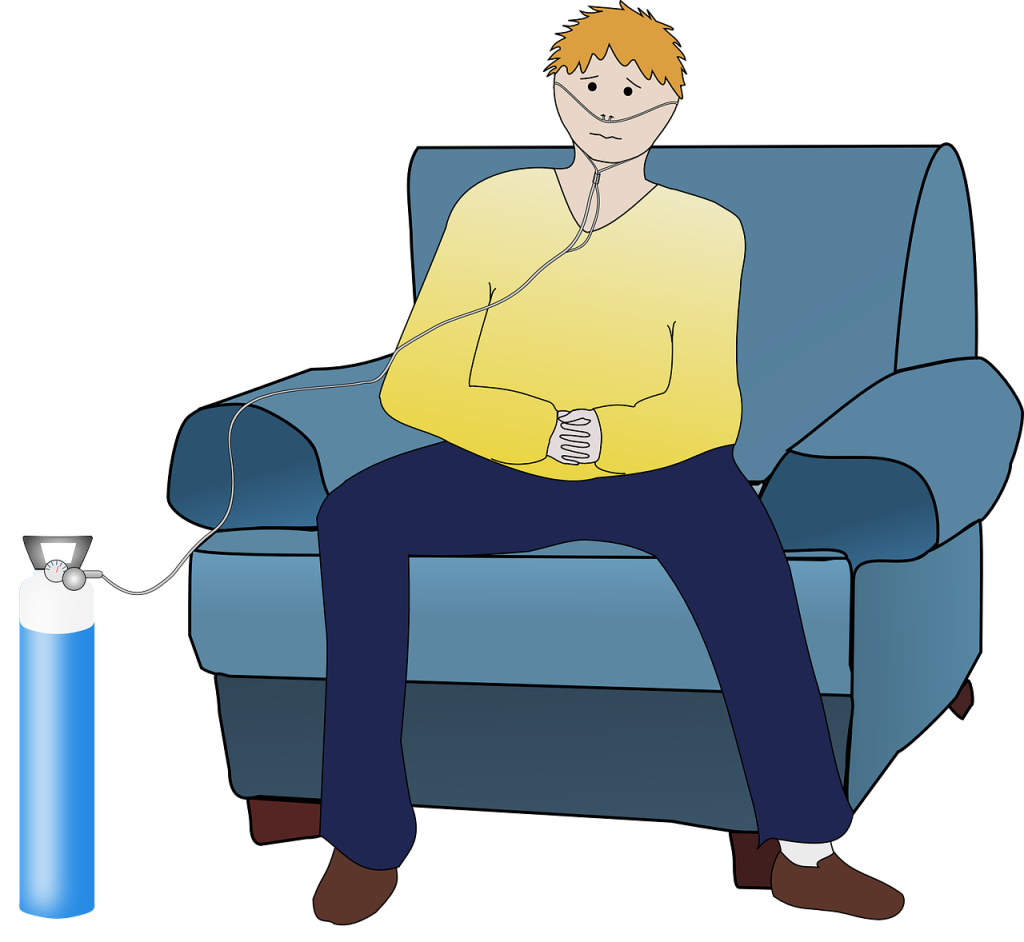Chronic illness can be an incredibly isolating and challenging experience. The physical, emotional, and mental toll it takes on a person can be devastating. However, for those who suffer from chronic illness, there is hope. Therapy has been a lifesaver for many individuals, providing them with the support and tools they need to manage their illness and improve their quality of life.

The Physical Toll of Chronic Illness
Chronic illness takes a physical toll on the body, causing fatigue, pain, and limited mobility. These physical symptoms can make even the simplest tasks feel impossible, leading to a decreased quality of life. The constant discomfort and frustration can also lead to depression and anxiety.
The Emotional Toll of Chronic Illness
In addition to the physical symptoms, chronic illness can also take an emotional toll. The constant stress and uncertainty can lead to feelings of anger, frustration, and hopelessness. It can also be isolating, as many friends and family members may not understand the day-to-day struggles of living with a chronic illness.

The Spiritual Toll of Chronic Illness
Living with a chronic illness can take a significant toll on one’s spiritual well-being. The constant physical and emotional struggles can make it difficult to maintain a positive outlook on life and can leave individuals feeling hopeless and disconnected from their sense of purpose. The following are some of the ways in which chronic illness can affect one’s spiritual health.
How Therapy Can Help
Fortunately, therapy can provide individuals with chronic illness with the support and tools they need to manage their illness and improve their quality of life. Through therapy, individuals can learn coping skills and strategies for managing their physical and emotional symptoms. They can also work through any negative emotions and develop a support system to help them through their journey.
The Benefits of Cognitive Behavioral Therapy (CBT)
Cognitive behavioral therapy (CBT) is a type of therapy that has been shown to be particularly effective for individuals with chronic illness. CBT focuses on the connection between thoughts, feelings, and behaviors, and helps individuals identify and challenge negative thought patterns. This can help individuals with chronic illness manage their symptoms and improve their overall quality of life.
In CBT, individuals work with a therapist to identify and challenge negative thought patterns that may be contributing to their physical and emotional symptoms. For example, if an individual with chronic illness is struggling with fatigue, their therapist may help them identify and challenge negative thoughts about their abilities, such as “I can never do anything right” or “I am weak.” This can help individuals with chronic illness improve their self-esteem and decrease their physical and emotional symptoms.

The Benefits of Mindfulness-Based Therapy
Mindfulness-based therapy is another type of therapy that can be beneficial for individuals with chronic illness. Mindfulness-based therapy teaches individuals to focus on the present moment and pay attention to their thoughts and emotions without judgment. This can help individuals with chronic illness manage their symptoms and reduce their stress and anxiety.
In mindfulness-based therapy, individuals work with a therapist to learn mindfulness techniques, such as meditation and deep breathing. These techniques can help individuals with chronic illness focus on the present moment and reduce their stress and anxiety. They can also help individuals improve their overall quality of life by reducing physical symptoms, such as pain and fatigue.
The Benefits of Group Therapy
Group therapy can also be an incredibly helpful resource for individuals with chronic illness. Group therapy provides individuals with a supportive and understanding community where they can share their experiences and feelings with others who are going through similar experiences. This can help individuals with chronic illness feel less isolated and provide them with a sense of community and belonging.
In group therapy, individuals with chronic illness meet with a therapist and a group of others with chronic illness to discuss their experiences and feelings. This can provide individuals with chronic illness with a supportive community where they can receive and provide support and encouragement. Group therapy can also provide individuals with chronic illness with practical coping skills and strategies for managing their symptoms.
Conclusion
Chronic illness can be a difficult and isolating experience, but therapy can provide individuals with the support and tools they need to manage their illness and improve their quality of life. Whether through individual therapy, such as CBT or mindfulness-based therapy, or group therapy, individuals with chronic illness can benefit from the opportunity to work through their thoughts and emotions and develop a support system.
If you or someone you know is struggling with chronic illness, consider seeking the help of a mental health professional. With the right support, individuals with chronic illness can lead fulfilling and meaningful lives, despite their physical and emotional challenges.
Remember, you are not alone. And with the help of therapy, you can overcome chronic illness chronicles and find joy and hope for your mental health in style.
